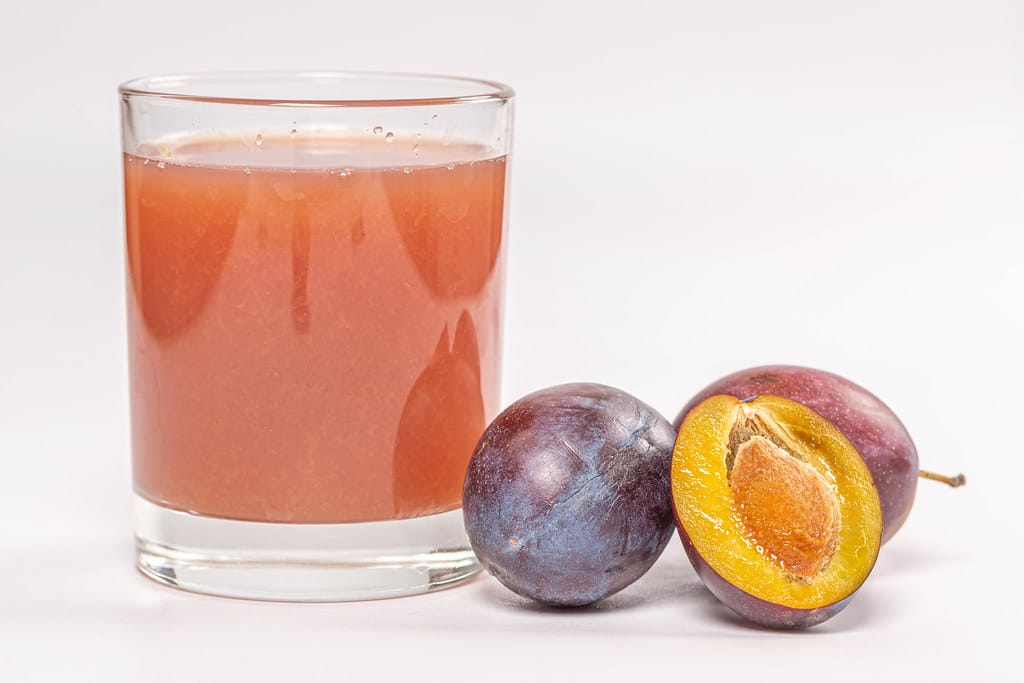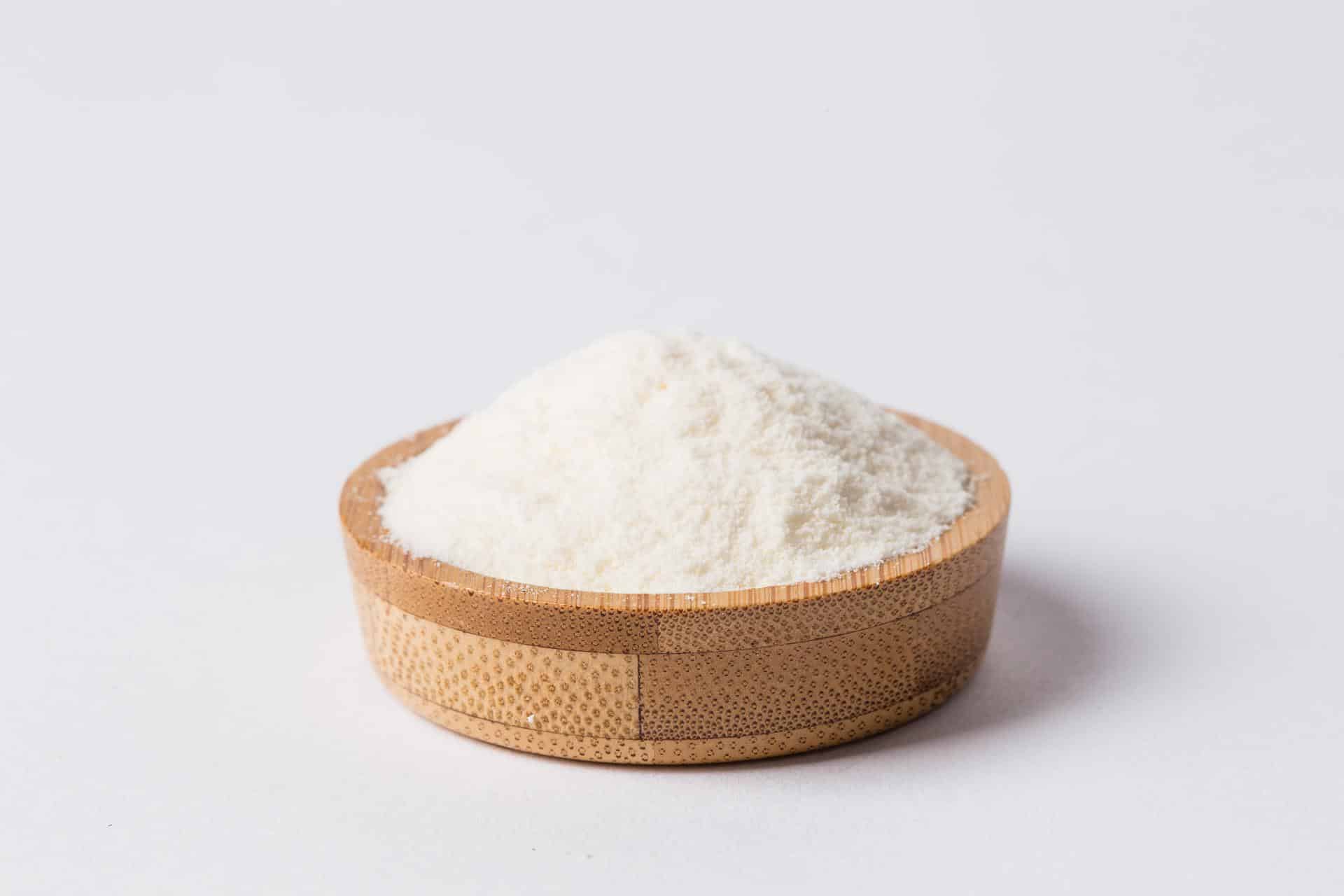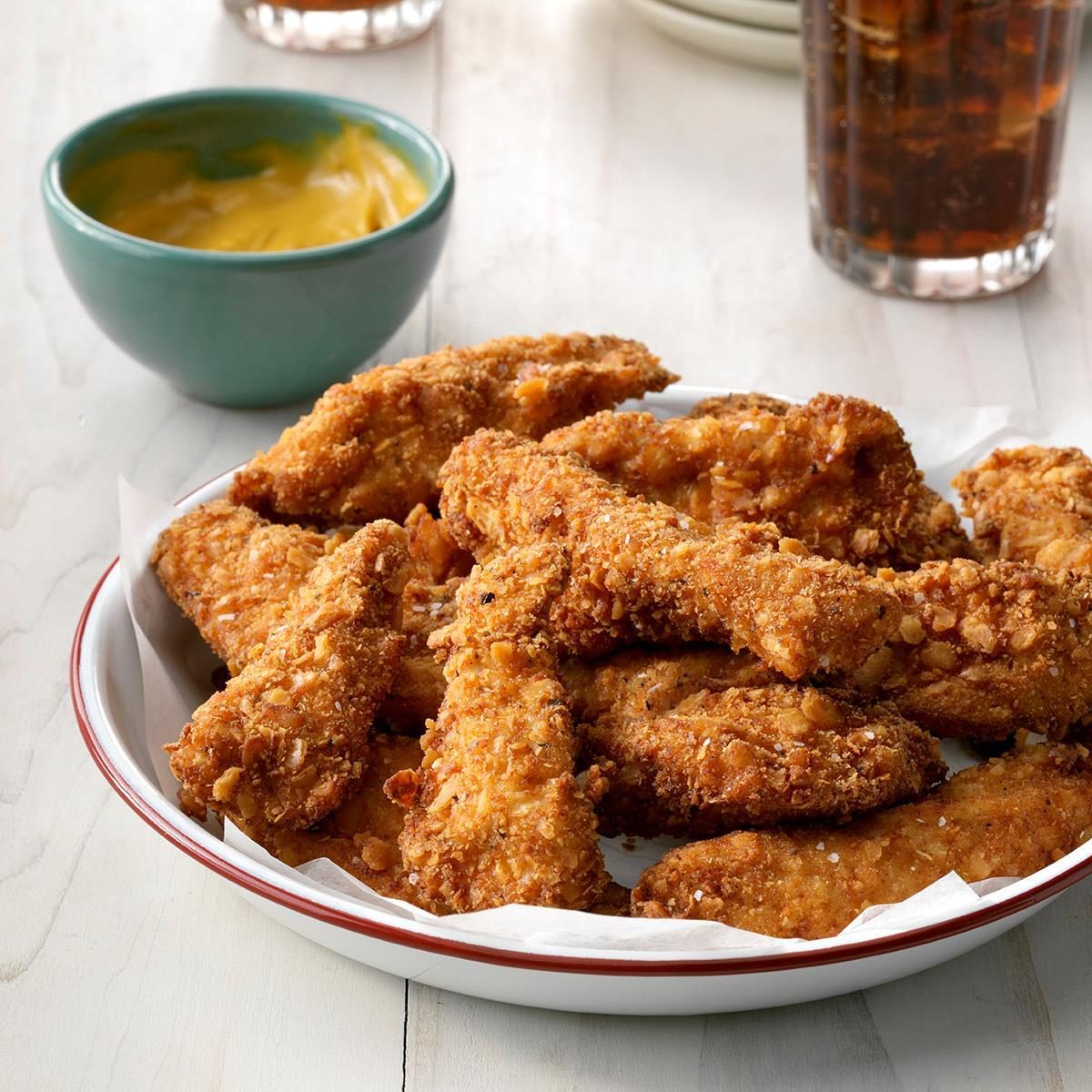Cooking takes you on a fun ride where every recipe brings cool surprises and little tests. It lets you dive into tastes and tales that light up your senses. Imagine uncovering that magic ingredient that changes a plain meal into a knockout or seeing why some spices mix like perfect pals. If tasty food and a sprinkle of kitchen wonder catch your eye, this journey packs joy and amazement in every bite. Keep reading to find the secret tricks that make each dish unforgettable.
Whether a beginner or a seasoned pro, there are always new things to learn in the kitchen.
People often think that cooking is an innate skill, but the fact is that it is a learned art.
Like any other skill, the more you practice, the better you’ll become.
Here are 10 tips that will help you cook better meals more often.
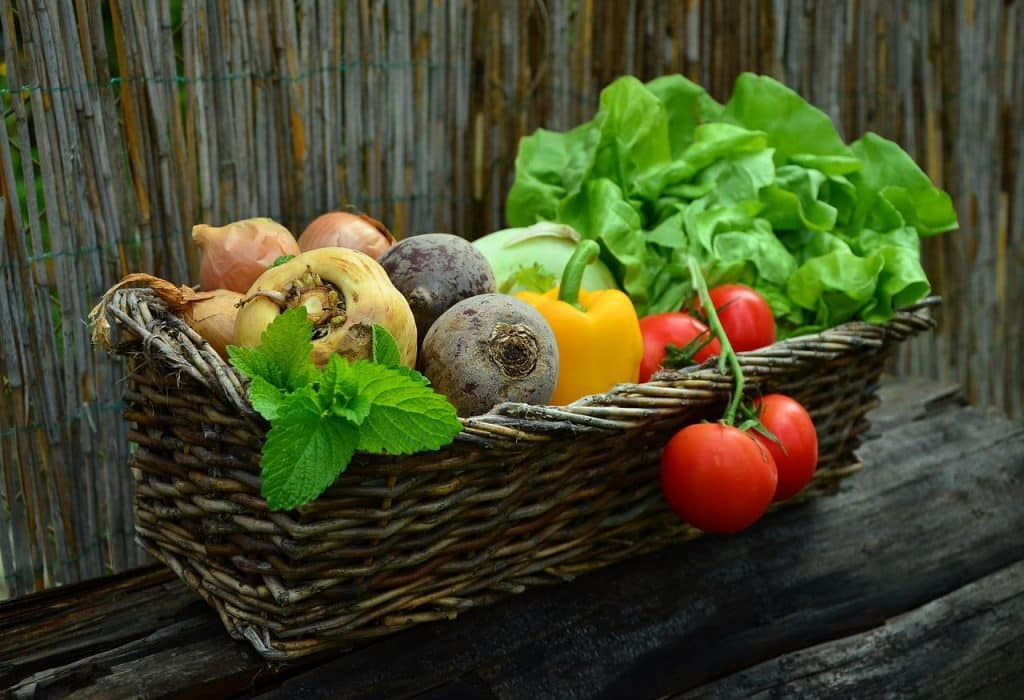
1. Don’t overcrowd the pan
This is a mistake many people make, especially when cooking meat.
If there is insufficient space between each piece of meat, they’ll all end up steaming instead of searing, and you’ll lose that all-important crust.
So give each piece a little bit of room to breathe.
When there’s more space in the pan, each piece of meat is exposed to more heat, so it sears better.
And as a bonus, it’s easier to turn and brown all sides evenly.
2. Let red meat sit before cutting into it
This one is significant for steak.
When you cut into a piece of meat that’s just been cooked, all the juices spill out and lose flavor.
Let it sit for 3-5 minutes before cutting into it, so the juices have a chance to redistribute throughout the meat.
This makes for a much tastier steak.
3. Store spices in the correct location
To make better food, you need better spices.
Spices can make or break a dish, so it’s essential to store them properly.
The best way to keep your spices fresh is to store them in a cool, dark place.
A spice rack near the stove is not ideal because heat and light will cause the spices to lose their flavor.
4. Shut the stove off before eggs are done
This seems like a no-brainer, but many people mistake letting their eggs cook until they’re dry and rubbery.
Take them off the heat while they’re still runny, and let them sit in the hot pan for a few minutes.
They’ll continue to cook, and you’ll end up with perfectly cooked eggs.
5. Use the correct type of salt
There are many different types of salt, each with its purpose.
Table salt is best for cooking because it dissolves quickly and evenly.
Kosher salt is best for seasoning because its large crystals make it easier to control the amount you’re using.
And sea salt is best for finishing because it has a delicate flavor that can enhance a dish.
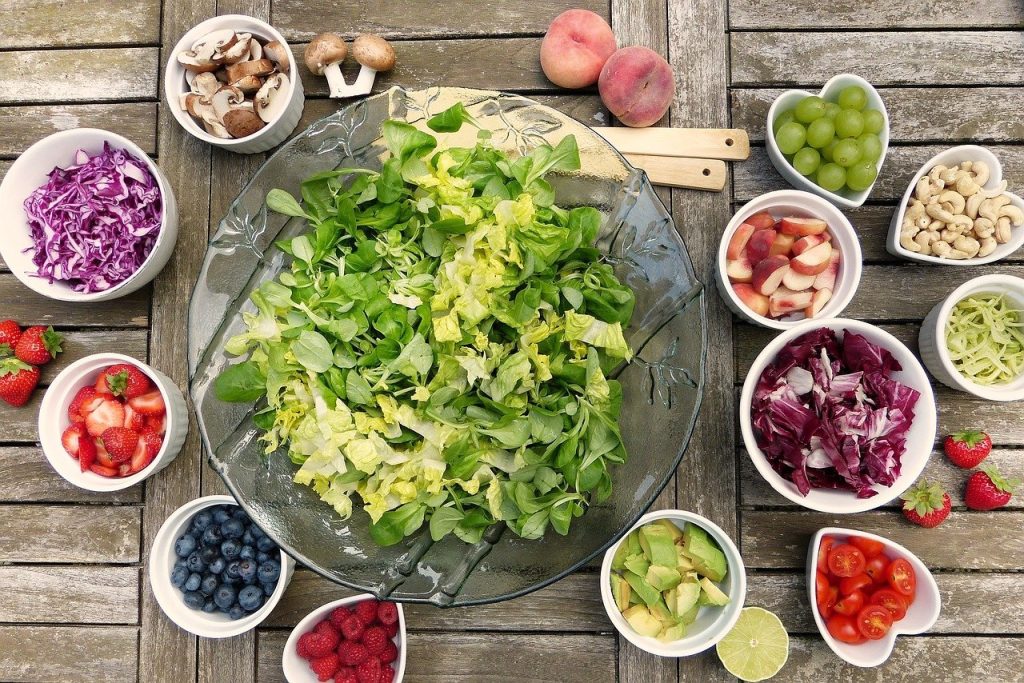
6. Use pasta water to create a pasta sauce
If you’ve ever made a pasta sauce from scratch, you know how time-consuming it can be.
Many chefs use a shortcut to add some of the pasta water to the sauce.
The starchy water helps to thicken the sauce and gives it a nice creamy texture.
The starch in the water binds with the sauce, creating a thicker consistency.
7. Always keep a few essentials on hand
It would help if you always had a few things in your kitchen so you could make a meal at a moment’s notice.
These include:
- A good quality olive oil
- Salt (kosher or sea salt)
- Pepper (freshly ground black pepper is best)
- A variety of herbs (fresh or dried)
- Onions
- Garlic
- Tomatoes (canned or fresh)
8. Roast your garlic
Roasted garlic is an excellent way to flavor dishes without a lot of salt.
It’s easy to make and can be used in many different ways.
To roast garlic, cut the top off a head of garlic, drizzle it with olive oil, and bake it in a 400-degree oven for about 20 minutes.
The cloves will be soft and brown when they’re done.
9. Use a paper towel to preserve vegetables
When cooking vegetables, it’s essential to use a paper towel to preserve their nutrients.
When you cook vegetables in water, many vitamins and minerals leach into the water.
A paper towel helps to retain those nutrients.
10. Practice, practice, practice
The more you cook, the better you’ll become at it.
So don’t be afraid to experiment.
Try new recipes, new ingredients, and new cooking techniques.
The more you practice, the better your food will taste.
And who knows, you might even discover a new favorite dish.
11. Let food rest before serving
This is another tip that is especially important for meat.
When you cook meat, the juices settle in the center of the piece.
If you cut into it immediately, all those juices will spill out, and the meat will be dry.
Let it rest for a few minutes before cutting into it so the juices have a chance to redistribute.
This will make for a juicier, tastier piece of meat.
12. Season food as you go
Many people mistake waiting until the end to season their food.
This is a mistake because it’s difficult to know how much seasoning to add when you can’t taste the food.
Season as you go, and you’ll be able to control the flavor of your dish better.
13. Simplify your recipes
There’s no need to make things complicated.
Often, the most straightforward recipes are the best.
So don’t be afraid to simplify your dishes.
Use fewer ingredients, and focus on letting the flavors of those ingredients shine through.

What are the 5 basic cooking skills?
1. Knife skills – the ability to correctly and safely use a knife is an essential cooking skill.
2. Measuring – accurately measuring ingredients is crucial in preparing successful dishes.
3. Timing – knowing how long to cook food is essential to producing perfectly cooked meals.
4. Temperature control – being able to control the temperature while cooking is necessary to avoid under-or overcooking food.
5. Technique – using the proper cooking techniques (such as baking, frying, grilling, etc.) will result in better tasting and more aesthetically pleasing dishes.
6. Creativity – being creative in the kitchen can result in some truly unique and memorable dishes.
7. Patience – some dishes require patience and time to prepare correctly, so patience is essential while cooking.
8. Persistence – if a dish doesn’t turn out quite right the first time, don’t give up – persist until you get it right!
9. Cleanliness – keeping a clean kitchen and cooking area is essential for food safety and quality.
10. Organization – Organizing while cooking can help save time and ensure that all the ingredients are correctly prepared.
Thus, following these tips will help you to cook better meals every time.
With practice, you’ll become a master chef in no time!
- 25 Simple Lemon Dessert Recipes - January 2, 2026
- 25 Delicious Jalapeno Recipes - January 2, 2026
- 25 Homemade Sour Cream Recipes - January 2, 2026

